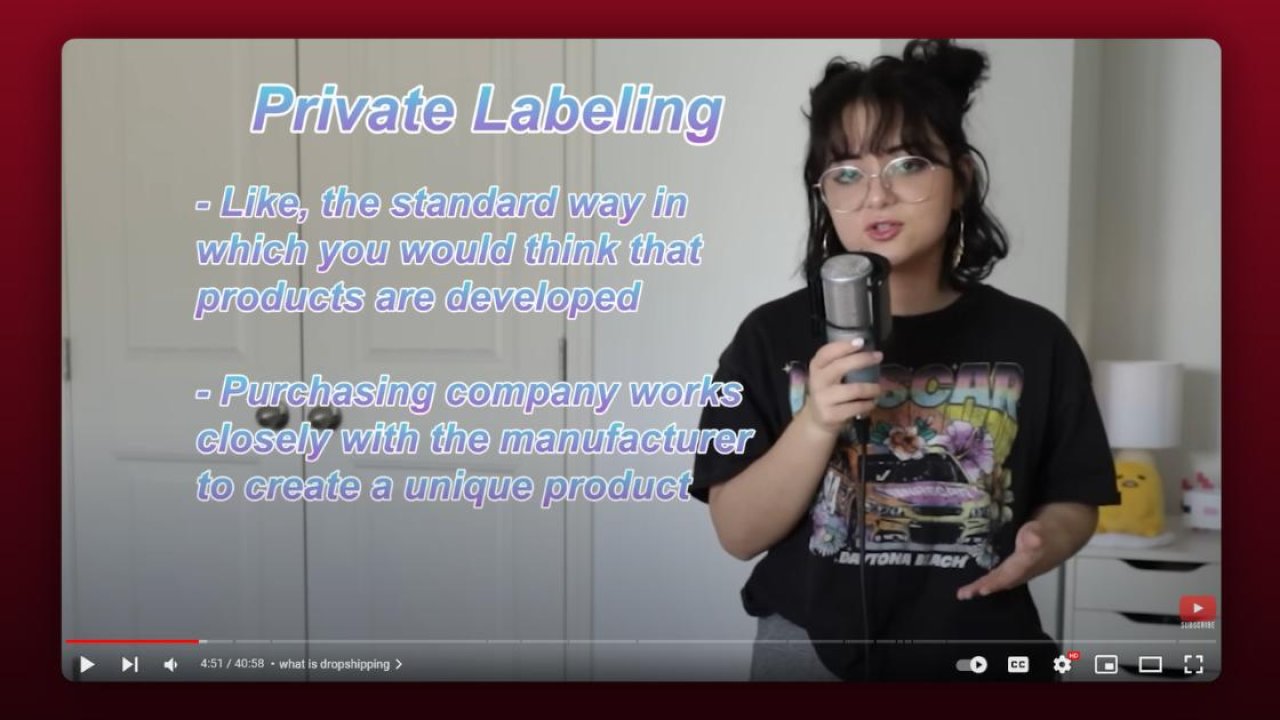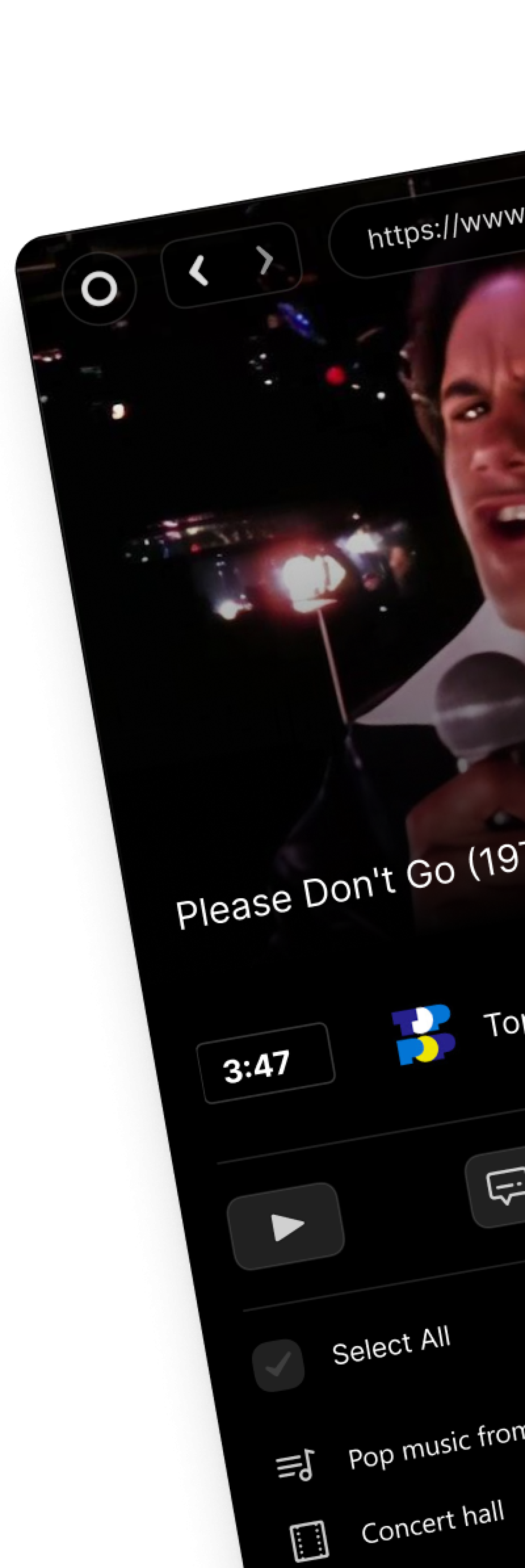How to Write Your YouTube Video Scripts: Tips for Engaging, Organized, and Clear Content
⏱ Reading Time: 9 min.
📅 Posted on: June 13th, 2024
Creating compelling YouTube video scripts can seem daunting, but it’s a game-changer for any content creator. Whether we're seasoned pros or just starting out, a well-crafted script ensures our message is clear and engaging. It helps us stay on track, hit all the key points, and keep our audience hooked from start to finish.

Before we dive into this YouTube guide, let's take a look at a TL;DR version of what we will discuss on this page.
Key Takeaways
Importance of Well-Crafted Scripts: A good YouTube video script ensures your message is clear, keeps you on track, and maintains audience engagement throughout the video.
Essential Tools for Scriptwriting: Utilize text editing software, scriptwriting apps, voice recording tools, cloud storage, and optional hardware like tablets and microphones for a seamless writing experience.
Effective Script Structure: Start with a catchy opening, develop a logically organized body with clear instructions and examples, and conclude with summarizing key points and strong calls to action.
Engaging Writing Tips: Keep scripts concise and clear, use a conversational tone, and incorporate calls to action to enhance viewer interaction.
Formatting and Reviewing: Use visual cues for readability and accurate time coding. Regularly review and revise scripts with peer feedback to ensure clarity, engagement, and proper flow.
Addressing Common Challenges: Overcome writer’s block, manage time effectively, and balance creativity with clarity to enhance the overall quality of your scripts.
Materials Needed for Scriptwriting
Effective scriptwriting requires specific materials and tools to ensure precision and creativity. We cover the essentials and recommend optional devices for an enhanced experience.
Essential Software and Tools
Text Editing Software: Using powerful text editors like Microsoft Word or Google Docs facilitates efficient script drafting. These tools support collaborative editing, making it easier to gather feedback and make real-time changes.
Scriptwriting Software: Professional scriptwriting apps like Final Draft or Celtx offer advanced features tailored for video scripts. These programs provide templates that help maintain a professional format.
Voice Recording Apps: Recording apps like Audacity or GarageBand are useful for creating voiceovers and checking how the script sounds when read aloud. This step ensures the script flows naturally and sounds engaging.
Cloud Storage Services: Platforms like Google Drive or Dropbox allow us to store and access scripts from any device. This ensures that our work is safe and easily retrievable, no matter where we are.
Tablet with Stylus: Using a tablet and stylus for handwriting can help some creators brainstorm and visualize ideas more effectively.
Dedicated Microphone: High-quality microphones like the Blue Yeti improve the clarity of voice recordings. Clear audio is crucial for evaluating the spoken elements of the script.
Dual Monitors: Dual monitors enhance productivity by allowing us to have multiple documents and references open simultaneously. This setup makes the research and writing process smoother.
Prepared with these materials, our journey to crafting compelling YouTube video scripts becomes more streamlined and effective. Using these resources optimizes the scriptwriting process, enhancing both creativity and productivity.
Structuring Your YouTube Video Script
Effective structuring of your YouTube video script is critical for clarity and audience engagement. A well-structured script guides viewers seamlessly from start to finish, ensuring that the message is conveyed effectively.
Crafting a Catchy Intro
Begin by grabbing the audience's attention immediately. The first 10 seconds of the video set the stage for the rest of the content. A compelling hook, an intriguing question, or a bold statement can make viewers stay.

For instance, starting with, "Ever wondered how to double your subscribers in a month?" entices viewers to continue watching. Including a brief overview of what the video covers further prepares the audience for the journey ahead.
Developing the Body of Your Script
The body forms the core of your video content. Organize your ideas logically, ensuring each section builds on the previous one. Using short, concise sentences keeps the information digestible. Incorporate visuals like charts or lists when explaining complex concepts. Stories or anecdotes specific to your topic improve engagement. If teaching a skill, provide step-by-step instructions and practical demonstrations. Proactively addressing potential questions or objections our audience might have adds value, making the content comprehensive.
Concluding Your Script Effectively
End with a strong conclusion to reinforce the key points. Summarize the main ideas concisely, ensuring they are easy to remember. Sometimes it can be as easy as a bullet point list for every chapter of your video.
Encourage viewers to take specific actions, like subscribing to the channel, commenting, or sharing the video. Phrases like "If you found this video helpful, give it a thumbs up and share it with your friends" effectively prompt engagement. Finish with a call to action if relevant, such as directing viewers to another related video or playlist.
Writing Tips for Engaging Scripts
Creating engaging YouTube video scripts requires effective writing strategies to maintain viewer interest and convey information clearly.

Keeping It Concise and Clear
Clear and concise scripts improve viewer retention. Limit sentences to 15-20 words. Use simple language to articulate points without unnecessary jargon. Structure the script with short paragraphs and bullet points for readability.
For example, multiple steps in a sequence should be displayed as a list for easier comprehension.
Using a Conversational Tone
A conversational tone resonates better with viewers. Write scripts as if speaking to a friend, avoiding formal language. Use contractions and rhetorical questions to make the content relatable. For instance, instead of saying, "We are going to demonstrate," opt for, "Let's show you how."
Incorporating Calls to Action
Engagement significantly increases when scripts include calls to action (CTAs). Prompt viewers to like, comment, or subscribe at strategic points.
For instance, after presenting key content, remind viewers to like the video or ask a question to encourage comments. If discussing tools, suggest exploring specific resources to maintain engagement.
Formatting Your Script
Visual Cues for Easier Reading
Formatted scripts enhance readability and efficiency during production. Visual cues, like bold text for dialogue and italics for actions, streamline the process.
Dialog Lines: Use bold text to distinguish spoken parts, ensuring clear delivery by the presenter.
Action Items: Italicize actions or instructions to separate them from the dialogue, like transitioning slides or showing visuals.
Headings and Subheadings: Employ headings to segment different parts of your script. This breaks the content into manageable sections, aiding in smoother editing and filming.
Time Coding Your Script
Implementing time codes within the script guarantees precise synchronization of dialogue and visuals. Accurate time codes improve pacing and ensure essential points are covered.
Begin Each Section: Start every major section with a time code. This marks when to start specific segments, ensuring smooth transitions.
Key Moments: Use time codes for significant visuals, actions, or transitions. This helps coordinate video editing with the script's flow.
Consistent Format: Ensure consistent time stamps, written as [00:00] (minutes:seconds). This uniformity aids in quick identification during post-production.
Using these formatting strategies for your YouTube video scripts results in more organized, professional, and effective content creation.
Reviewing and Revising Your Script
Refining the draft enhances clarity and impact. Implement structured peer reviews and self-revision checklists for the best results.
Peer Review Tips
Involve multiple peer reviewers for diverse perspectives. Provide them with specific criteria such as flow, engagement, and clarity. Encourage honest, constructive feedback. Peers could highlight areas needing simplification or additional context. Utilize their suggestions to polish the script and ensure it resonates with your target audience.
Clarity: Ensure each sentence communicates the intended message clearly. Avoid jargon.
Engagement: Verify that the script includes compelling hooks and maintains interest throughout.
Brevity: Trim unnecessary details. Concise sentences keep the audience focused.
Format: Apply consistent formatting. Bold key points, and use italics for actions.
Flow: Check the logical sequence of ideas. Smooth transitions between sections enhance understanding.
Calls to Action: Review the placement of calls to action. They should be naturally integrated without interrupting the flow.
Regularly revisiting these steps refines the script, making it more effective and engaging.
Troubleshooting Common Scriptwriting Issues
Scriptwriting for YouTube videos presents unique challenges. Let's address some common issues to improve our content.
Overcoming Writer’s Block
Focus on breaking large tasks into smaller, manageable pieces. Start with an outline highlighting key sections.

Use bullet points for the main points under each section. Research related videos and popular content in your niche to spark ideas. Schedule routine writing sessions and stick to them. Experiment with different writing environments to find one that enhances concentration.
Dealing with Time Constraints
Plan ahead by setting deadlines for each phase of the scriptwriting process. Draft a timeline outlining pre-production, writing, and revision phases. To save time, consider using templates for commonly repeated sections, like intros and outros. Collaborate with other team members to delegate tasks effectively. Reduce distractions by setting designated writing hours and using tools like focus apps.
Balancing Creativity and Clarity
Strive to make your scripts both engaging and easy to understand. Avoid jargon unless it’s necessary and easily explained. Use language that aligns with your audience's level of comprehension. Maintain a balance by first drafting creative content, then reviewing and simplifying complex ideas. Peer reviews can offer fresh perspectives, ensuring the script achieves both creativity and clarity.
These strategies target common scriptwriting barriers, aiming to optimize the writing process and enhance the quality of our YouTube videos.
Final Thoughts on Scriptwriting
The Importance of Consistent Practice
Establishing a routine makes a significant difference in scriptwriting proficiency. Regular practice hones our ability to create engaging and structured scripts. Observing how experienced YouTubers craft their narratives offers valuable insights. Consistency not only improves speed but also enhances the overall quality of our content.
Continuing to Learn and Adapt
Remaining flexible is essential in the dynamic world of YouTube. Trends shift quickly, so we must stay informed about new strategies and viewer preferences. Participating in scriptwriting workshops or online courses provides fresh perspectives and techniques. Feedback from our audience also offers a practical way to refine our scriptwriting skills.
Continuing to evolve our scriptwriting process ensures our videos resonate with a broader audience and remain relevant over time.
Conclusion
Mastering the art of writing YouTube video scripts is essential for creating engaging and effective content. By focusing on structured scripts and incorporating visual cues and time codes, we can enhance readability and efficiency. Addressing common scriptwriting challenges with strategic planning and collaboration helps us stay productive and creative. Consistent practice and observing successful YouTubers allow us to refine our skills and stay updated with trends. Let's continue learning and adapting to ensure our content resonates with a broader audience and remains impactful over time.
Frequently Asked Questions
How can I make my YouTube video script engaging from the start?
An engaging opening can captivate your audience right away. Start with a compelling hook, such as a surprising fact or question, to grab attention and build interest quickly.
What are some tips for organizing the body of a YouTube video script?
Divide the body into clear sections, each focusing on a specific point. Use visual cues and time codes to enhance readability and seamless delivery.
How should I conclude my YouTube video script?
A strong conclusion should summarize key points and include a call to action, encouraging viewers to like, comment, subscribe, or visit your website for more information.
What format should I use for my YouTube video script?
Use visual cues and time codes for clear formatting. This helps with readability and ensures the content flows smoothly during recording.
How can I overcome writer’s block when scripting YouTube videos?
Break the scripting process into smaller tasks and tackle them one at a time. Set specific goals for each session to keep progress steady.
What can I do to manage scriptwriting under tight deadlines?
Effective planning and collaboration are key. Outline your script ahead of time and work with others to split the workload.
How do I balance creativity with clarity in my YouTube scripts?
Simplify complex ideas and make them easy to understand. Seek peer reviews to ensure your message is clear without sacrificing originality.
How important is it to practice scriptwriting regularly?
Consistent practice helps improve your scripting skills, making you more efficient and enhancing the quality of your content over time.
Why should I observe experienced YouTubers?
Observing experienced YouTubers helps you learn effective scripting techniques, understand audience preferences, and stay updated with current trends.
How can I stay informed about trends in YouTube scriptwriting?
Follow industry news, subscribe to relevant channels, and engage with online communities to stay updated with the latest trends and best practices.
